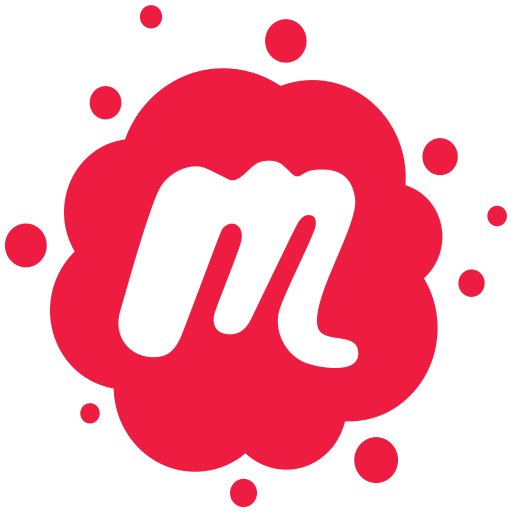Do I need to know how to code to participate?
No, you do not need to know coding to participate. There are many ways to contribute non-technical skills, e.g. user research, design, blogging, social media, onboarding volunteers, event organizing, fundraising, etc.
Check out a creative video project made by our members Lorin Camargo and Clarence Leung to showcase the construction of a protected bikeway pop-up on 4th Street, between St. John and San Salvador in San José, California:
Will Open Source San José teach me how to code?
No, Open Source San José is not a place that teaches members how to code.
Check out online resources such as San José Public Library, Team Treehouse, FreeCodeCamp.org, or Lynda to learn new skills.
How do I submit a project idea to Open Source San José?
Start by filling out our project proposal form here. Submit Idea
After you submit a project proposal, our leadership team will review the project idea, discuss if the project fits our mission and if we have capacity to take on the project. If we have any questions about the project scope and proposal, we will reach out to you. If your project idea is approved, a potential next step is speaking at a Civic Hack night to pitch the project and recruit volunteers.
How did Open Source San José begin?
In March 2014, Kalen Gallagher and Michelle Thong co-founded Code for San José, a local Code for America brigade. In 2023, this group became Open Source San José as Code for America disbanded its brigade network. We are a group of volunteers who are passionate about using our skills to advance civic innovation in San José. Our members represent a range of skill sets and interests, e.g. web development, design, marketing, communication, event planning, researcher, community organizers, and more. We collaborate on technical projects that better our community, including websites, civic apps, data visualizations, and media projects.
What is Civic Hacking?
Civic hacking is when citizens see something in the public realm that they can make better, and they take it upon themselves to create a solution.
A civic hacker can be anyone – technologist, public servant, designer, entrepreneur, engineer – who is willing to collaborate with others to address local challenges and make their cities better for everyone.
A hacker is someone who uses a minimum of resources and a maximum of brainpower and ingenuity to create, enhance or fix something. Although in some circumstances the term is used in a negative sense, the term is not inherently negative, nor does it even have to be related to technology.
What is Open Data?
Open data is data that can be freely used, reused and redistributed by anyone. The U.S. government defines open data as publicly available data structured in a way that enables the data to be fully discoverable and usable by end users.
Governments around the US are opening their data, allowing civic hackers to build tools, apps and other solutions that benefit their communities.
What is Open Government?
Open government promotes greater citizen participation, collaboration, and transparency in government. This includes promoting government accountability via improved citizen access to public government information, decision-making, and representatives.
Many public agencies already abide by open government laws that were developed in the 1970s prior to the Internet. These laws tend to be focused on making sure meetings are held in public and that agencies respond to requests for information.
Today, open government increasingly overlaps with the idea that governments should provide citizens with open data on its actions, performance and decisions.
Open Data Sources
Local Data Sources
- GIS Resources in Santa Clara County
- City of San José’s existing data catalog
- Open Source San José’s San José Data Inventory (this is a work-in-progress, please add to it!)
- VTA Open Data Portal
- Vehicle Miles Traveled Data Portal
- MTC Open Data Library
Looking for local government data but cannot find it? Post a data request as a Github issue and Open Source San José's municipal liaison, Michelle Thong, will help you track it down, if it exists.
Other sources in the region
- Palo Alto Open Data Portal
- Mountain View Open GIS Data Portal
- San Mateo County Open Data Portal
- San Fransico Open Data Portal
- Oakland Open Data Portal
- Fremont Open GIS Data Portal
- Alameda County Open Data Portal
Federal Data Sources
- U.S. Government open data portal
- U.S. Census Data on American Factfinder or via the Census API
- Third-party sources of U.S Census Data such as Census Reporter and Social Explorer

 Discord
Discord
 Meetup
Meetup
 Mastodon
Mastodon
 Facebook
Facebook
 Github
Github
 Medium
Medium